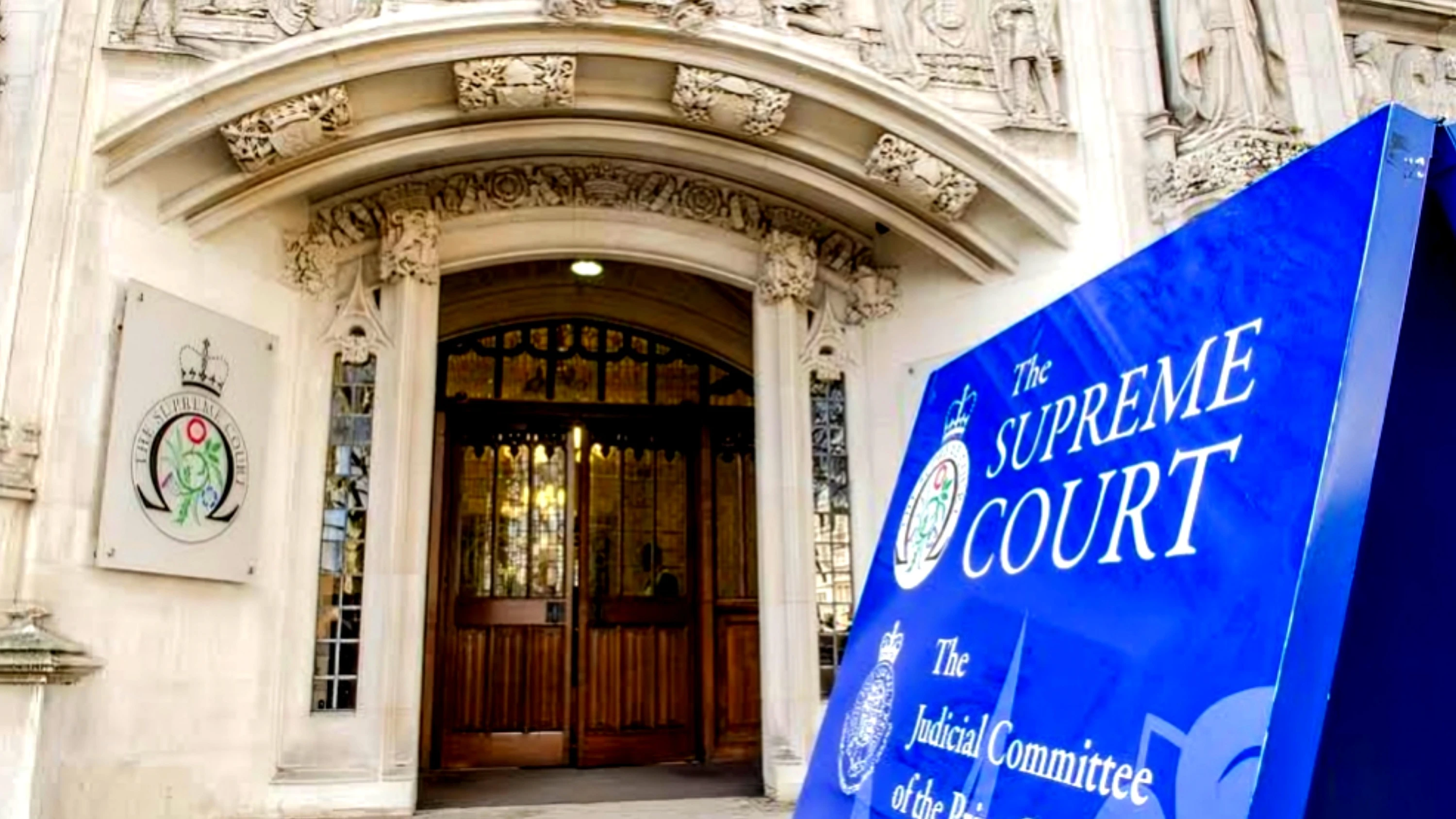London: The UK Supreme Court has delivered a significant ruling, clarifying that the legal definition of "woman" in the country's Equality Act 2010 refers specifically to biological sex. The decision reinforces that protections under the Act apply to individuals based on their sex assigned at birth, rather than gender identity.
The case was brought forward by the advocacy group For Women Scotland (FWS), which challenged guidance from the Scottish government. The guidance had interpreted the 2018 Gender Representation on Public Boards (Scotland) Act to include transgender women with Gender Recognition Certificates (GRCs) as legally female.
However, the Supreme Court unanimously rejected this interpretation. Deputy President Lord Hodge emphasized that while the ruling defines "woman" and "sex" as biological categories under the law, it should not be seen as a victory for one group over another.
FWS argued that rights under the Equality Act must be grounded in biological reality. Their legal counsel, Aidan O’Neill, stated that sex is determined before birth and should be considered an immutable trait based on physical characteristics.
The group has received public support from figures like author JK Rowling, who has openly expressed concern that extending legal recognition to trans women might undermine the rights of women born female.
On the other side, human rights groups including Amnesty International have criticized the ruling. Amnesty argued in court filings that excluding trans women from protections could breach human rights obligations and warned of a broader erosion of transgender rights in the UK and globally.
The organization stressed that preventing trans women from accessing single-sex services without individual assessment was not a fair or justified approach.








